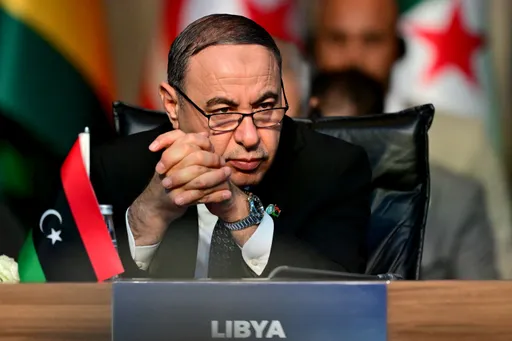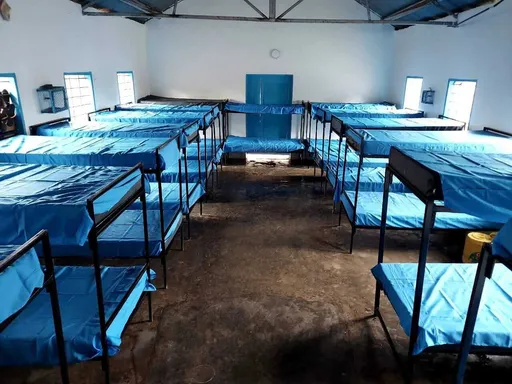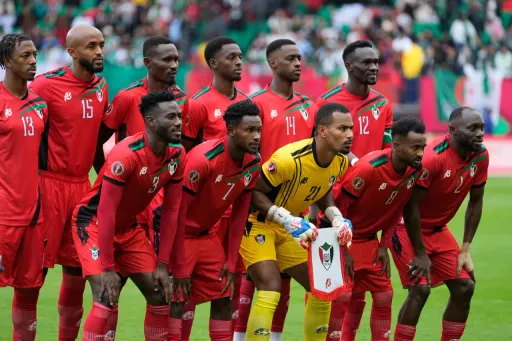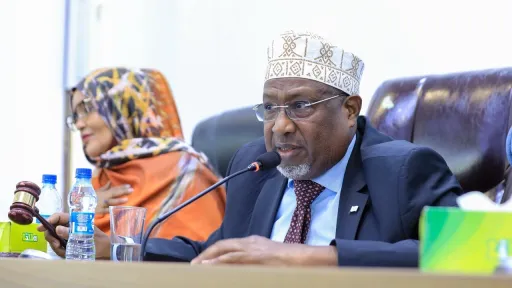By Matthew Chan Piu
Kenya's TV show, "Njoro wa Uba," in winning accolades for capturing the ups and downs of life in the country by balancing love, finances, injustice, friendships and insecurities.
It centres around the trials and tribulations of Njoro, an educated taxi driver navigating the bustling cities of Nairobi and Mombasa.
The show's creator Lucy Mwangi said she drew inspiration from her candid conversations with real-life drivers and sought to humanise their struggles and triumphs on screen.
Taxi drivers using ride-hailing apps face a myriad of challenges - from uncertain earnings and grueling hours to safety concerns and fatigue.
Njoro's journey resonates with audiences seeking to find humour amidst life's challenges.
Captivating audiences
From the moment the show's pilot episode aired, it became a hit and that captivates audiences with its storylines and characters.
“The team conducted in-depth interviews with drivers, uncovering stories of resilience, hardships, and dreams. They listened to accounts of long hours behind the wheel, trying to make ends meet, and the toll it takes on their physical and mental well-being,” Mwangi explained.
She sought to ensure authenticity by incorporating the unique challenges faced by drivers from different regions.
It saw the show taken to the coastal city of Mombasa for two seasons, where they met with local drivers to understand the distinct hurdles they encountered.
Beyond its comic allure, the show depicts Nairobi, Kenya's vibrant capital.
Beneath the city's cultural richness and historical significance lie darker elements of political incorrectness, corruption and inefficiency.
Hustle culture
The show delves into these issues, exposing the struggles that permeate Kenyans' daily lives.
By spotlighting Nairobi's hustle culture, the show reminds us of the harsh realities drivers face while trying to earn an honest living.
"Njoro wa Uba" not only entertains but humanises the taxi driver profession, fostering empathy and respect from its viewers. It highlights the need for policymakers to consider the welfare of ride-hailing drivers and create an enabling environment for their profession.
Ensuring fair compensation, regulating working hours and implementing safety measures can make a significant difference in the lives of these drivers.
As "Njoro wa Uba" continues to captivate audiences, and although a work of fiction, it opens a window of opportunity to bridge the gap between passengers and drivers.
It is not just a TV show but a mirror reflecting the shared human experience, reminding us that every driver has a story to tell.
























